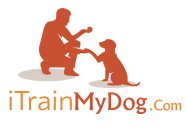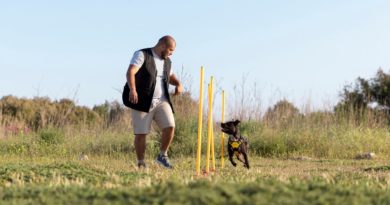How to train a rescue dog with a history of abuse or neglect
Training a rescue dog with a history of abuse or neglect can be a challenging but rewarding process. These dogs may have experienced trauma and may be fearful or mistrusting of humans, which can make training more difficult. However, with patience, consistency, and positive reinforcement, you can help your rescue dog to overcome their past and learn to trust and bond with you. Here are some tips on how to train a rescue dog, with a history of abuse or neglect:
Take it slow
It’s important to give your rescue dog plenty of time to adjust to their new environment and to build trust with you. Take things at a slow pace and give your dog space and time to feel comfortable.
Use positive reinforcement
Positive reinforcement training is a gentle and effective way to teach your dog new behaviors. Reward your dog with treats or praise for good behavior, and ignore or redirect undesired behaviors.
Check our full article on the benefits of Positive reinforcement.
Avoid punishment
Punishment-based training methods, such as physical force or intimidation, can be harmful and may cause your dog to become more fearful or anxious. Instead, focus on reinforcing positive behaviors and ignore or redirect undesired behaviors.
Be consistent
Consistency is key when it comes to training a rescue dog. Use the same commands and hand signals for each behavior, and make sure that everyone in your household is using the same training methods.
Build trust and confidence
Rescue dogs may have experienced trauma and may be hesitant to trust humans. It’s important to be patient and understanding, and to build trust and confidence through positive reinforcement and consistent training.
Seek professional help
If you are having difficulty training your rescue dog, consider seeking help from a professional dog trainer or behaviorist. They can provide guidance and support to help you and your dog succeed.
Training a rescue dog with a history of abuse or neglect can be a challenging but rewarding process.
By using positive reinforcement, avoiding punishment, being consistent, and seeking professional help if needed, you can help your rescue dog to overcome their past and learn to trust and bond with you.




